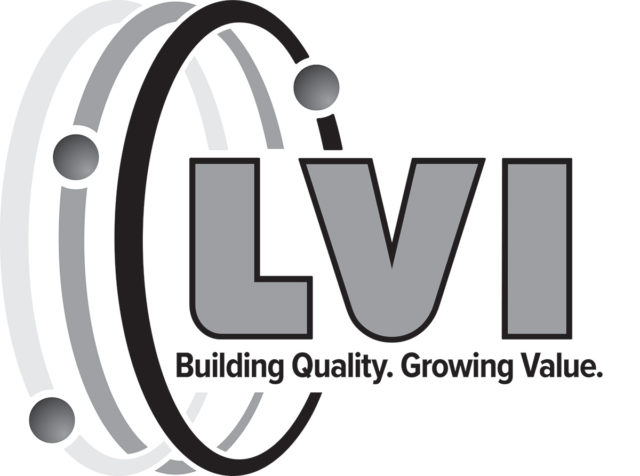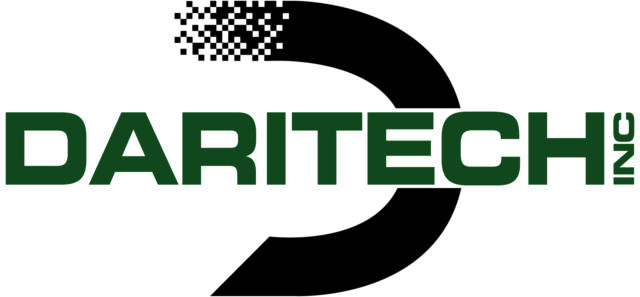“How’s the stripping going?” It was a simple question really, one I answered honestly. It was going OK.
It wasn’t taking as much extra time as I thought it might, but I also hadn’t seen quite the results I was hoping for yet. It had only been about a week.
This question was posed by a friend who knew that our farm had only recently started stripping teats as part of our milking routine. Simple question, simple answer – right?
I thought so. Except the question was asked in the public forum of Facebook with no additional context, and in this case the context was important.
I read and responded to the question without even considering the alternative, the probably more common, non-dairy meaning of the word stripping. It took me hours, and a second comment, to even realize my oversight.
I wasn’t raised in the dairy industry, and the majority of my Facebook friends likely do not read things in the context of milking cows. For those who may have read my Facebook wall who aren’t familiar with milking procedures, I apologize.
My involvement in our farm has, apparently, changed my perception of and comfort level with many words in the English language.
Dairy isn’t the only industry with its own specialized vocabulary. In fact, I imagine that nearly every industry has one. I work off the farm as a structural engineer, and sometimes I’m fairly certain I actually live my life in two completely different worlds.
In the engineering world, we also use words that many people don’t understand, at least not in the context we use them. Most people reading this probably have a vague idea at best of what I mean by “I don’t think that frame can handle the additional moment.”
I know I often struggle in communicating things like this to my husband when he wants to make modifications to buildings around the farm. He has at least finally learned that the material placed by a ready-mix company is concrete, not cement, so we’re making progress.
Unfortunately, his non-technical terms have rubbed off on me, as well. I have been busted calling steel siding “tin” at work.
While the average population, including my husband, would likely be bored to tears by a conversation about structural analysis and design, no one is embarrassed, simply confused and uninterested.
Conversely, the terms we use in the dairy industry seem to land me in a lot of conversations, like the one above, that require a lot of context to not take on a completely inappropriate meaning.
To add to my conundrum, it just so happens that one area of our operation that I’m heavily involved in is reproduction. I can comfortably discuss the entirety of the female reproductive system with my husband – as long as we’re talking about cows.
I also like to talk to others in the industry about semen, often via Twitter. Try explaining that to someone who isn’t familiar with artificial insemination. Sometimes I re-read a conversation and cringe at how it might be interpreted by someone with a different perspective.
Milking, manure, mastitis, metritis, cervix, scours, semen and stripping are all appropriate meal-time conversation at our house, and sometimes it’s hard to switch gears when among different company, but it’s necessary.
Every day during my commute to my engineering world, I have to try to find that non-dairy filter that I left somewhere between the veterinary sleeves and teat dip.
Dairy farming is a wholesome, family-oriented industry, but as my dad noted the first time he visited the barn during milking, it isn’t a clean job. To the untrained ear, the conversations we have while discussing business may sound like something that shouldn’t be shared.
Our dairy words can sound a lot like dirty words. In light of my experience, I’ll conclude with this advice: Always be mindful of your audience, and keep things in context. PD

Jennifer Heim
Dairy Producer & Engineer
Easton, Kansas






